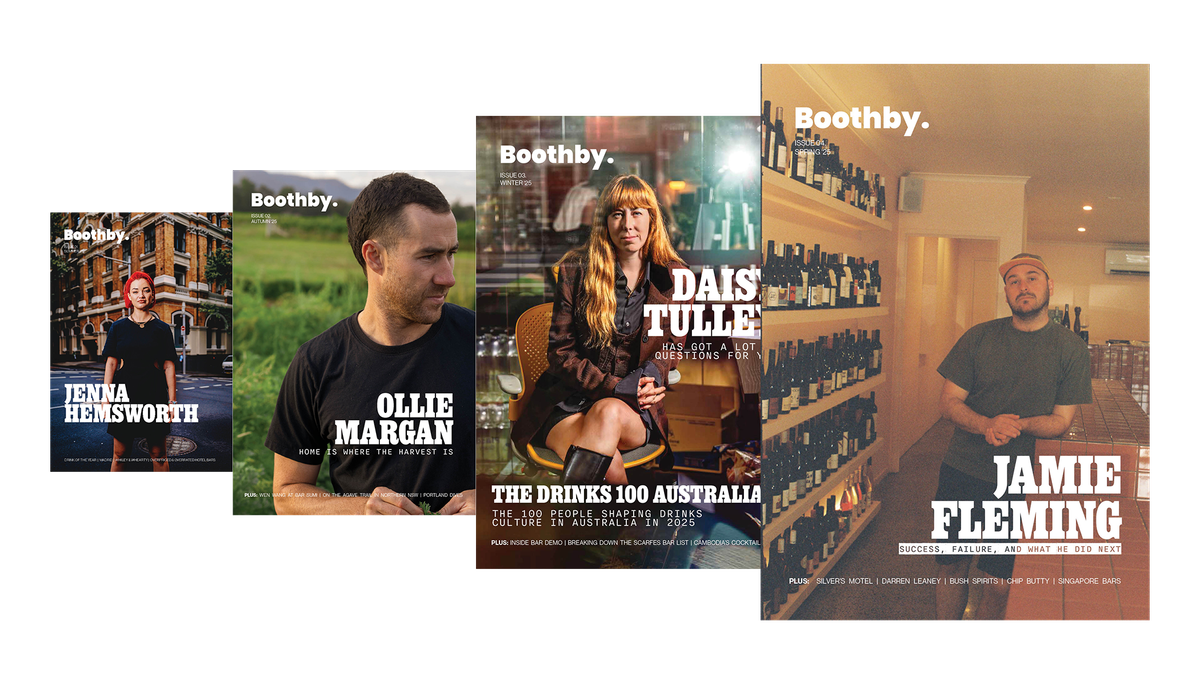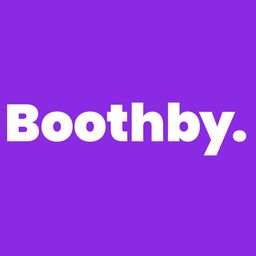For this weekend’s long read, we’re dipping into winter issue of Boothby magazine, released a few months back, for this in-depth interview with Mucho Group’s general manager, Daisy Tulley.
And the summer 2026 issue of Boothby magazine is nearly here; it lands on December 1st, and is jam-packed with in-depth interviews, thought-provoking reads (why, exactly, do we seem reluctant to embrace Chinese wine?), and inspiring bars and drinks from here and overseas. I reckon it’s our best issue yet. To make sure you get the next magazine direct to your home, you can subscribe here.

Okay, let’s get into our chat with Daisy Tulley.

DAISY TULLEY DOESN’T COME from a hospitality background, and was the marketing director for Mucho for six years before becoming the group general manager. She moved around a lot as a kid, and moved to Sydney from Townsville when she was 15, studying at Newtown’s performing arts high school, and getting into music; she was in a band that signed two record deals. She became pregnant at 22, and had two kids, before joining the Mucho Group business at 25.
“The Cliff Dive was really struggling at that point,” she says in this month’s interview. “And I said to Alex and Jeremy, just give me a go — I’ve got this entertainment background. I understand.”


